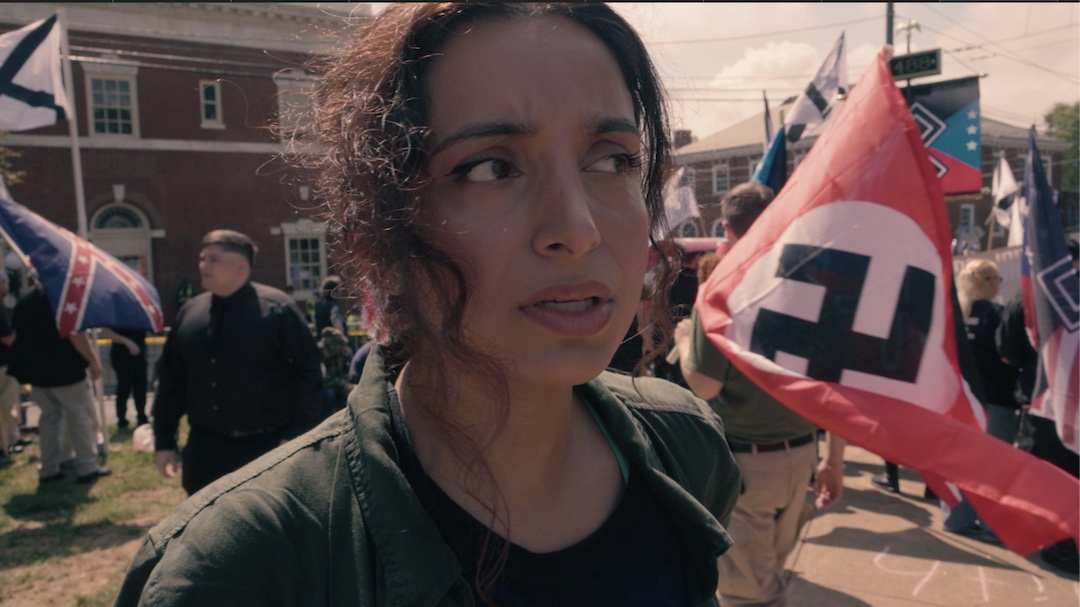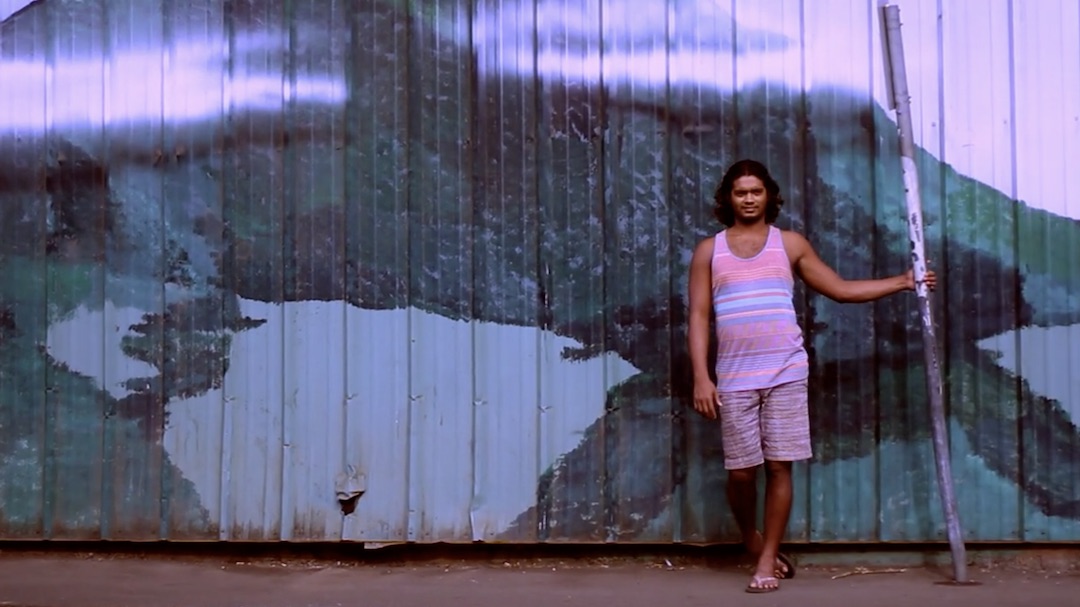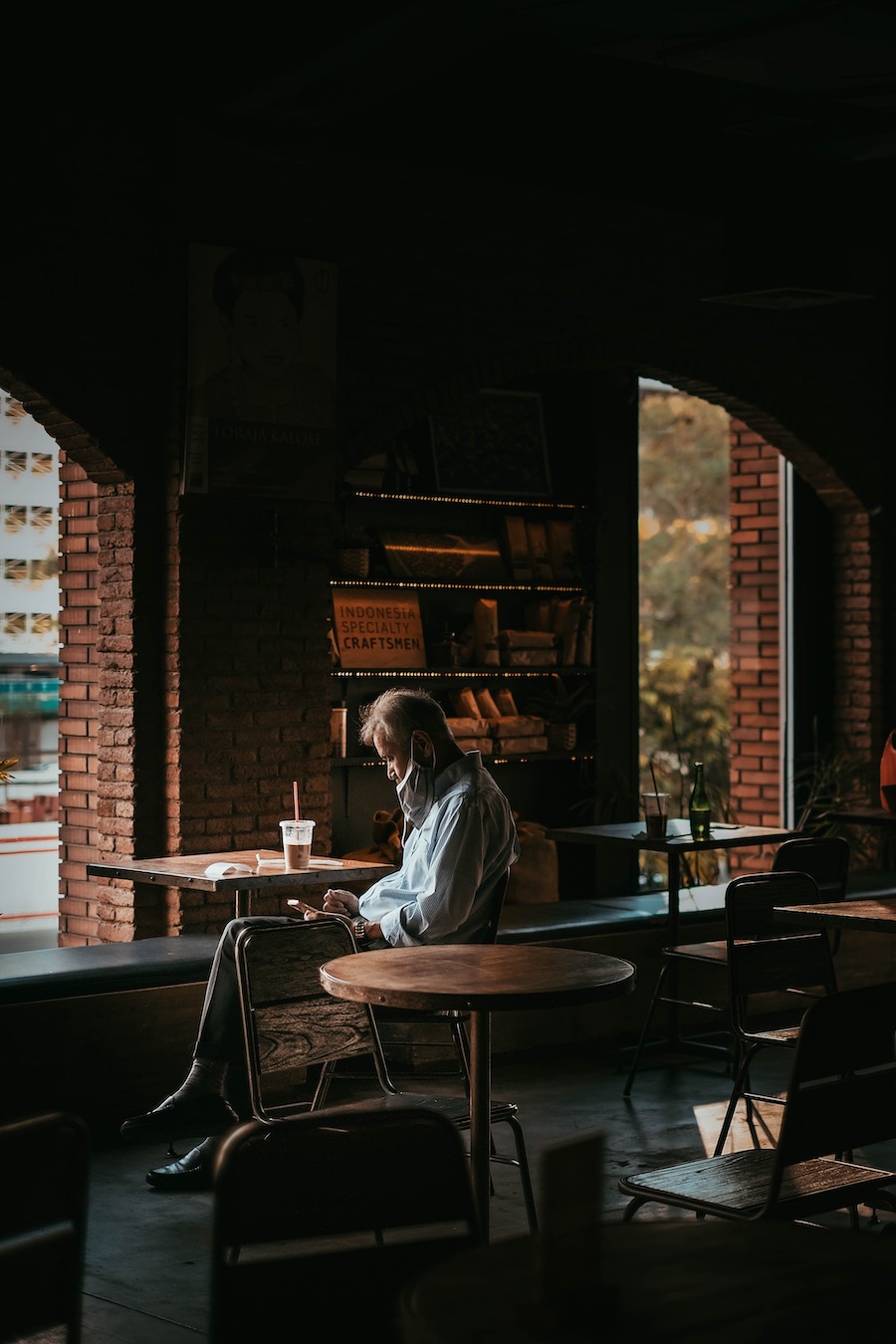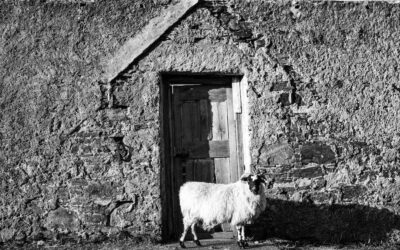Samhain: A halloween festival of change
It always seems impossible until it’s done—Nelson Mandela
In thinking we are stuck in our ways we have gotten it all wrong.
Our current story
It is the beginning of winter and the end of the harvest in the northern hemisphere, Samhain in Celtic culture—Halloween now. Yet, somehow we have swallowed a story we can’t change.
So many things change:
- Our hair—growing, graying, thickening.
- Our blood—red blood cells renew about three times a year.
- Our lifestyles—a year ago before Covid who would have thought nearly all air transport ends.
- Our experiences—in the last 6 months the world is both much smaller, as we connect across video, and more mysterious, as intercontinental distance takes on a different meaning.
We seem to believe half a story, the one where we are stuck in our habits. Yet, we know we change states quickly—happiness, sadness, hope, despair can flow through like the wind.
We can develop, albeit more slowly, as our mental complexity changes and grows. Every day we wake up and fall asleep again—two wildly different states on a regular basis (see Integral>)

Fires during Samhain celebrations may symbolize burning up all harmful influences
Making ourselves stuck
In labeling people are stuck in our ways it seems that we have convinced ourselves, to an extent, we don’t change. It may be that thinking the world is so polarised create some of the very conditions that encourage a belief that we cannot or do not matter. And/or our influence is insignificant. That we can’t, most people can’t, change.
You may be thinking about the extremes, perhaps neo-Nazis. There are simply too many stories to believe that people hold views as an unswerving reality and as inalienable consequences of their circumstances.
Deeyah Khan, a Muslim woman, Norwegian/British documentary maker and Ken Parker, a white supremacist are a standout example. They met and talked, a conversation that became part of a film. Through this, Ken could not view Deeyah through his more sterotypical views— those expressed at a fascist rally, for example. Seemingly fixed, firm views, shifted—see White Right>

As the seasons change, it’s time for our next story
This matters. The stories we tell ourselves, shaping our beliefs, are crucial for how we act.
Beliefs play a critical role in shaping whether and how we engage with the issue. The beliefs we hold can either help or prevent us from seeing possibilities and discovering alternatives.
Karen O’Brien—You matter more than you think
In our next story, we believe in ourselves, I-you-us, in our ability to matter, to make a significant difference, for ourselves, for the crises around us.
Is it that simple? In thinking we are stuck in our ways, as Billy Collins puts it, we have gotten it all wrong.

Old Man Eating Alone in a Chinese Restaurant
Billy Collins
I am glad I resisted the temptation,
if it was a temptation when I was young,
to write a poem about an old man
eating alone at a corner table in a Chinese restaurant.
I would have gotten it all wrong
thinking: the poor bastard, not a friend in the world
and with only a book for a companion.
He’ll probably pay the bill out of a change purse.
So glad I waited all these decades
to record how hot and sour the hot and sour
soup is here at Chang’s this afternoon
and how cold the Chinese beer in a frosted glass.
And my book –– José Saramago’s Blindness
as it turns out –– is so absorbing that I look up
from its escalating horrors only
when I am stunned by one of his gleaming sentences.
And I should mention the light
that falls through the big windows this time of the day
italicizing everything it touches ––
the plates and teapots, the immaculate tablecloths,
as well as the soft brown hair of the waitress
in the white blouse and short black skirt,
the one who is smiling now as she bears a cup of rice
and shredded beef with garlic to my favorite table in the corner.

Resources
Links and posts
You matter more than you think is a book project by Karen O’Brien. See the full book and website here>
Deeyah Khan’s documentary is White Right: Meeting the Enemy. Interview here>
For more on stories and transformation see:
- Transgressive: next systems and thinking patterns here>
- We need help! For transformations here>
- Hidden stories: Shifting our thinking patterns here>
- For Sandra Waddock on memes and narratives see Shamanic sensemaking: conscious transformation here> and her recent paper on Reframing and transforming economics around life here> plus:
- Memes, stories, narratives: Essential for wellbeing here>
- For a practical example of how this works see Powerful stories: we’re better together here>
- George Monbiot explains the importance in Disorder afflicts the land: and a story hero to restore harmony! here>
- Infinite potential: Antony Gormley and places of transformation here>
- Connected: Richard Walley and Nyungar universal language here>
- For more on what draws us in see Attractors: Strangely we keep getting pulled in here>
A visual index of articles about transformation is here>
Photos Festina Lentívaldi, (be) Benevolution. Reuse: Creative Commons BY-NC 3.0 US except Surfing the Nations meeting Aziz Abdoul The loving eyes Creative commons and Cafe man Photo by Bagir Bahana on Unsplash
White Right: Meeting the Enemy
Ken Parker was the guy in the film with the swastika on his chest who was posting neo-Nazi flyers in a Jewish neighborhood when I met him. He was saying the most vile things I’ve ever heard. He actually marched at Charlottesville as well.
Well, he called me up a few months after the film aired and he said, “I’ve left.” He said he left because he used the word “friend” to describe me. Now, this was one of the most extreme people I met.
Deeyah Khan
2 Comments
Subscribe
Get the newsletter (story summary).
Recent posts
Coming home
We belong to and are of the Earth but we bypass our sense of belonging. I missed this leaving home and my story mirrors our larger, human-wide journey. What do I need to come home?
Soulprint: Peak nature
Extraordinary: a paradigm shift by 147 governments and the UN endorsing “humans and nature are spiritually connected.” Invitation: to build on this for yourself and all of us.
We are in a portal
I’ve a deep knowing: we humans have shifted. That’s disorienting so here’s 3 handrails to help: this is sourced in bliss; lubricated by peak oil; agreed by UN & 147 nations; and, all with dragonflies!


Lovely and “most of us have very great opportunities to change ourselves in such a way that our goals become more achievable”.
Enjoyed every bit of your article. Much thanks. Ilse